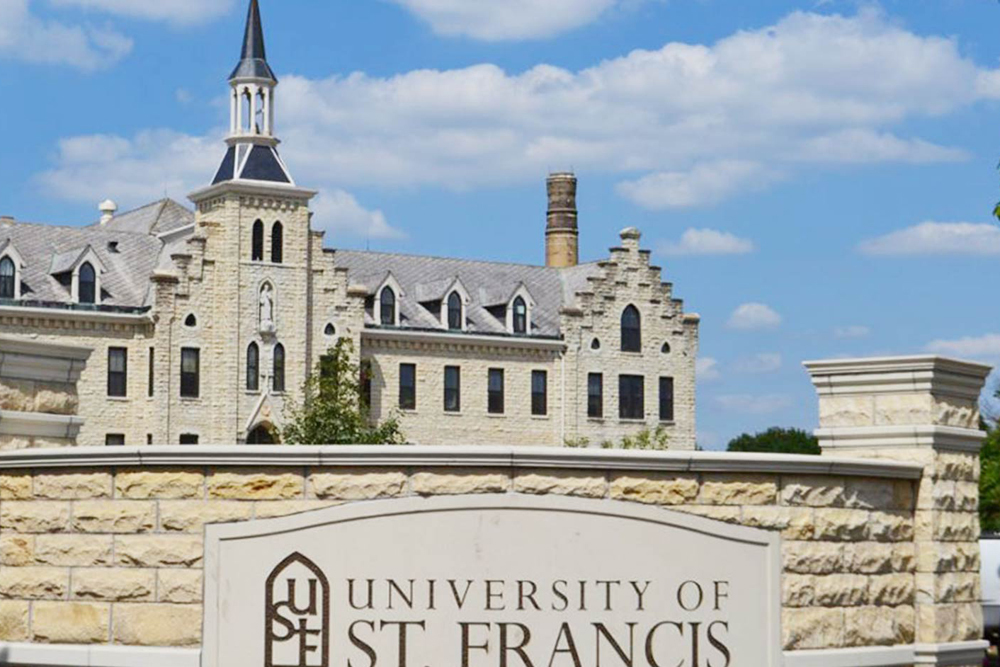Charles Koch Foundation issued the following announcement on June 15.
June 15, 2018, Arlington, VA – Pennsylvania Gov. Tom Wolf announced plans to reform state requirements that stand between individuals and their ability to work as barbers, cosmetologists, auctioneers, and a host of other professions.
The announcement was informed by months of research undertaken by Ed Timmons, professor of economics and director of the Knee Center for the Study of Occupational Regulation (CSOR) at Saint Francis University and his team. Professor Timmons has found the percentage of Americans who are required to have a license to work has grown from 5 percent in the 1950s to 23 percent today. Gov. Wolf said Timmons’ and CSOR’s work was “a key factor” in his decision to seek reform.
Professor Timmons said:
“The volume of occupational licensing laws has proliferated throughout the United States over the last 60 years, and Pennsylvania has not been immune. It now ranks 24th in the country in terms of percentage of total workforce licensed or certified. These requirements create a significant barrier to economic mobility.
“The type of reforms undertaken by Gov. Wolf will benefit workers who chose an employment path other than a four-year degree, former nonviolent offenders attempting to reenter society, and military spouses and veterans’ whose training in the military too often is not acknowledged by current licensing requirements.”
Professor Timmons approached the Charles Koch Foundation in 2016 with the opportunity to support a university center dedicated to the examination of occupational licensing across the county. Since then, the rigorous work its scholars have undertaken has attracted the attention of those open to better understanding and removing the barriers excessive licensing creates. Charles Koch Foundation director of university relations John Hardin said:
“The Knee Center’s path-breaking research on this issue will eventually lead to more individuals having greater ability to find new opportunities and build better lives for themselves and others. We are proud to support professor Timmons, who saw a gap and is working to fill it.”
Original source can be found here.


 Alerts Sign-up
Alerts Sign-up